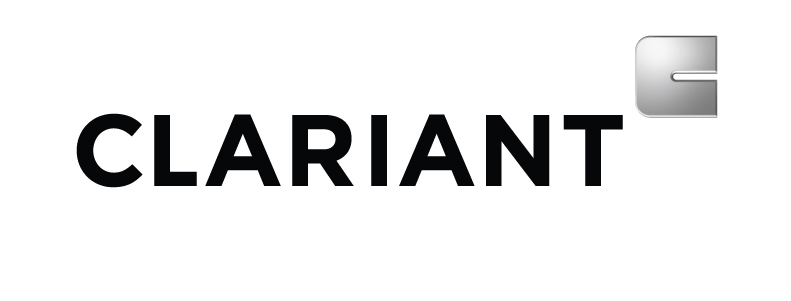There is no doubt that silicones in all their various structures have played a very important part in cosmetic formulations. But, in recent years, questions have been raised about their safety to humans and their effects on the environment.
First, in 2009, cyclotetrasiloxane (D4) was banned in cosmetic products then the use of cyclopentasiloxane (D5) was banned in hair styling aerosols and sun care spray products[1].
In 2017, environmental concerns led to the European Commission (EC) banning D4 and D5 in rinse-off cosmetic products with 0.1% or more of either substance, and the European Chemicals Agency (ECHA) has proposed to extend the restriction to leave-on personal care products.
Today, D4, D5 and D6 are considered substances of very high concern (SVHC), according to the criteria set out in REACH Article 57.
Whatever the outcomes from these discussions, the cosmetics industry is actively looking for alternatives to cyclomethicone, dimethicone and other silicone materials.
Not yet a Subscriber?
This is a small extract of the full article which is available ONLY to premium content subscribers. Click below to get premium content on Cosmetics Business.
Subscribe now Already a subscriber? Sign in here.Featured companies
 Croda Beauty
We are a global specialty ingredient supplier to the beauty and personal care industry, dedicated to meeting evolving consumer needs along with our commitment to sustainability...
Croda Beauty
We are a global specialty ingredient supplier to the beauty and personal care industry, dedicated to meeting evolving consumer needs along with our commitment to sustainability...
 BASF Personal Care and Nutrition GmbH
BASF Personal Care is one of the world’s leading supplier of high-performance ingredients for the personal care industry. The company understands human needs and meets them...
BASF Personal Care and Nutrition GmbH
BASF Personal Care is one of the world’s leading supplier of high-performance ingredients for the personal care industry. The company understands human needs and meets them...
 DSM-Firmenich
We’re innovators in nutrition, health, and beauty. And we bring progress to life
DSM-Firmenich
We’re innovators in nutrition, health, and beauty. And we bring progress to life
 Innospec
Innospec is a global specialty chemicals company focused on bringing innovative new technologies to market combined with a fast and responsive service. Our global team of...
Innospec
Innospec is a global specialty chemicals company focused on bringing innovative new technologies to market combined with a fast and responsive service. Our global team of...
- See also:
- Clariant Personal Care
- Hallstar
- Chemyunion
- TRI-K Industries
- MOMENTIVE
- Lucas Meyer Cosmetics
- Seppic
- Gobiotics By Sweetch
- DSM-Firmenich
- Croda Beauty
- Shin-Etsu Group
- Aprinnova





